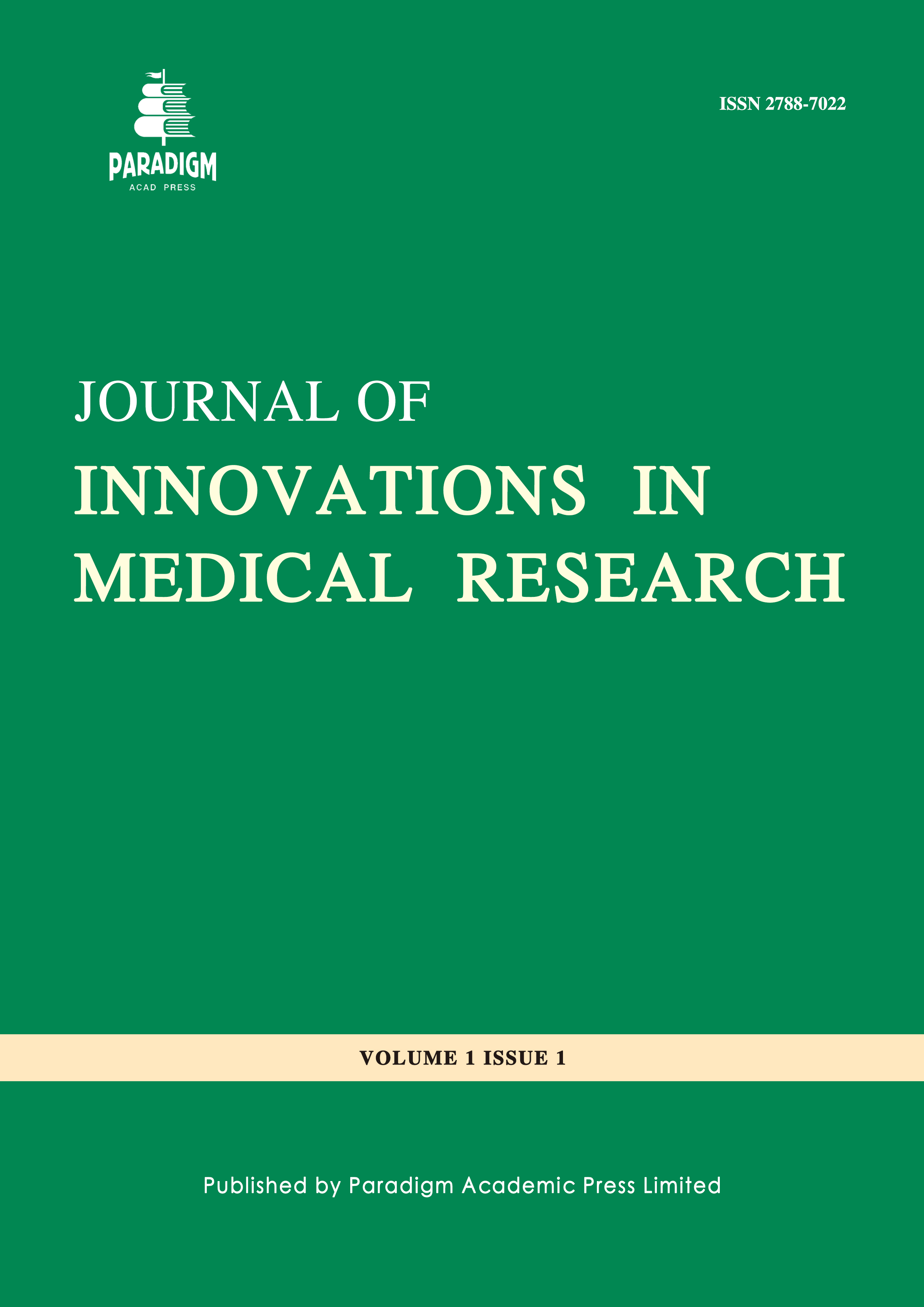Research on the Intervention of Cancer Patients’ Anxiety by the Concept of “Harmonization of Body and Mind” in Traditional Chinese Medicine
DOI:
https://doi.org/10.63593/JIMR.2788-7022.2025.10.004Keywords:
traditional Chinese medicine body-mind integration, cancer-related anxiety, Si-Ni-San, emotional counseling, randomized controlled trial, harmonization of liver and spleen, neuroendocrine regulation, quality of life, integrative oncologyAbstract
The clinical management of cancer-related anxiety disorders faces significant challenges, with existing pharmacological interventions being limited by delayed efficacy, frequent adverse reactions, and rebound effects upon discontinuation. This study, based on the traditional Chinese medicine (TCM) framework of “harmonization of liver and spleen - emotional regulation,” constructs a standardized intervention module combining the modified Si-Ni-San formula and structured emotional counseling. A multicenter, randomized, double-blind, placebo-controlled clinical trial was conducted at the University of California, Los Angeles (UCLA) Medical Center and the Memorial Sloan Kettering Cancer Center to systematically evaluate its clinical efficacy and safety in patients with moderate anxiety disorders in advanced cancer. A total of 320 patients with stage III/IV lung or breast cancer and moderate anxiety disorders (baseline Hamilton Anxiety Scale [HAM-A] scores of 14-21) were randomly assigned to the intervention group (n=160, Si-Ni-San granules combined with structured emotional counseling) and the control group (n=160, maltodextrin placebo combined with health education). The intervention lasted for 8 weeks, followed by a 4-week follow-up. The primary outcome showed that after 8 weeks of intervention, the HAM-A score in the intervention group decreased from 17.2±2.1 to 8.1±2.0, with a reduction of 9.11±2.04, significantly better than the control group (reduction of 3.42±1.89). The between-group difference was 5.69, and the clinical remission rate (HAM-A ≤10) reached 82.5%. In secondary outcomes, serum cortisol levels decreased by 59.3±12.6 nmol/L, and the psychological function dimension score of the European Organization for Research and Treatment of Cancer Quality of Life Questionnaire (EORTC QLQ-C30) increased by 23.2±7.5. Safety analysis indicated that the incidence of adverse reactions in the intervention group was only 6.25%, significantly lower than the control group (18.75%). During the 4-week follow-up, the therapeutic indicators in the intervention group remained stable without rebound upon discontinuation. Mechanistically, the integrated intervention may upregulate the expression of hippocampal 5-hydroxytryptamine 1A receptors and inhibit the activation of the NLRP3 inflammasome through Si-Ni-San, while emotional counseling regulates the hyperfunction of the hypothalamic-pituitary-adrenal axis, achieving a synergistic effect of “harmonization of liver and spleen - emotional regulation - stress relief.” This study provides high-quality evidence-based medical evidence for the integration of TCM body-mind integrated intervention into integrative oncology clinical practice, and its standardized intervention module has the potential for telemedicine promotion.



